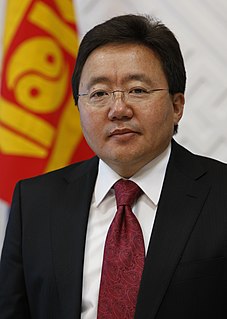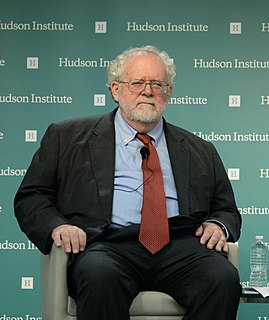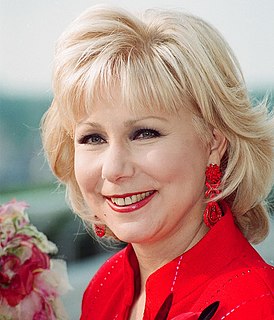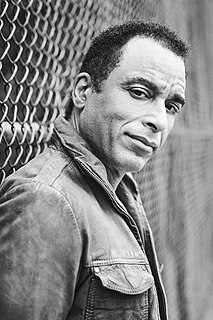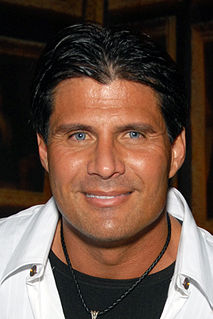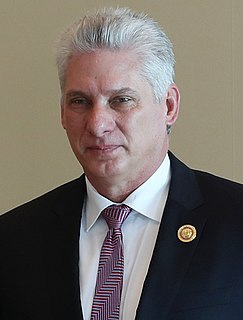A Quote by Alejandro Castro Espin
Can we say that the constitutional monarchies in Spain, Belgium or England are democratic? Those with superior chambers like the House of Lords in England, that still represent the English feudal nobility in terms of positions above regional representatives, who are in the end the representatives supposedly elected by the population. Many mechanisms exist, but they are mechanisms to preserve the power of the wealthy classes, of the bourgeois classes that hold the power and rights above the rest of the society.
Quote Topics
Above
Belgium
Bourgeois
Chambers
Classes
Constitutional
Democratic
Elected
End
England
English
Exist
Feudal
Hold
House
House Of Lords
In The End
Like
Lords
Many
Mechanisms
Nobility
Population
Positions
Power
Preserve
Regional
Represent
Representatives
Rest
Rights
Say
Society
Spain
Still
Superior
Supposedly
Terms
Those
Wealthy
Related Quotes
In many respects, we now live in a society that is only formally democratic, as the great mass of citizens have minimal say on the major public issues of the day, and such issues are scarcely debated at all in any meaningful sense in the electoral arena. In our society, corporations and the wealthy enjoy a power every bit as immense as that assumed to have been enjoyed by the lords and royalty of feudal times.
For loving, working, and creative people to throw off the yoke of power it is necessary to abolish power itself, not merely to make the yoke comfortable. Where some have power, others do not, and the two classes persist. A free society is where all have power-power over and responsibility for their own lives, power and reason to respect the lives of others. This is also a society without classes, a society of human beings, not rulers and the ruled.
France placed the state above society , democracy above constitutionalism, and equality above liberty. As a result, for much of the nineteenth century it was democratic, with broad suffrage and elections, but hardly liberal. it was certainly a less secure home for individual freedom than was England or America.
If it be asked what is to restrain the House of Representatives from making legal discriminations in favor of themselves and a particular class of the society? I answer, the genius of the whole system, the nature of just and constitutional laws, and above all the vigilant and manly spirit which actuates the people of America, a spirit which nourishes freedom, and in return is nourished by it.
[James] Madison pointed out in the discussion of the constitutional debates - the constitutional convention - that democracy would be a danger. He used England of course as the model and said suppose that in England everyone had the free right to vote; the poor, the propertyless - who are the great majority - would use their voting power to take away the rights of property owners to carry out what we would call land reform.
The career of politics grants a feeling of power. The knowledge of influencing men, of participating in power over them, and above all, the feeling of holding in one's hands a nerve fiber of historically important events can elevate the professional politician above everyday routine even when he is placed in formally modest positions.
The government's desire to expand global trade may be understandable, but we mustn't give away too much. We must tell our elected representatives to at least delay the Canada-China FIPA until it has been examined more thoroughly, and to reconsider the inclusion of investor-state arbitration mechanisms in all trade deals.









